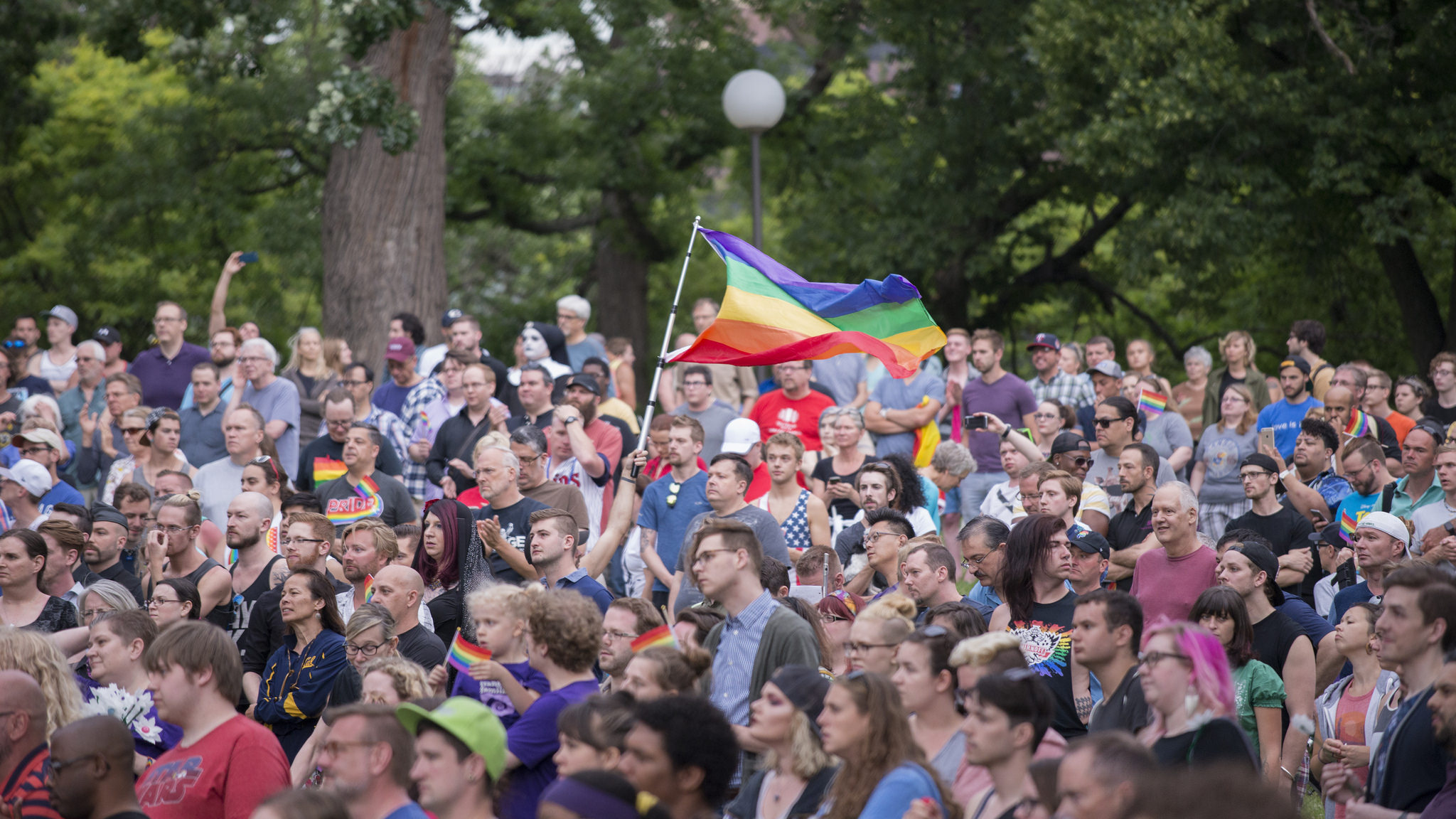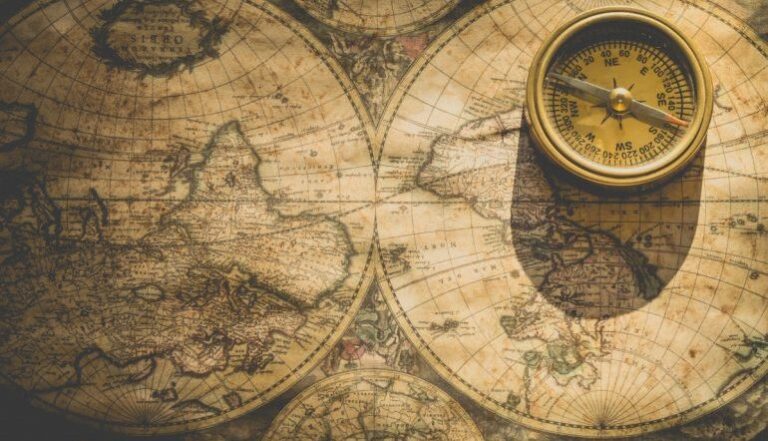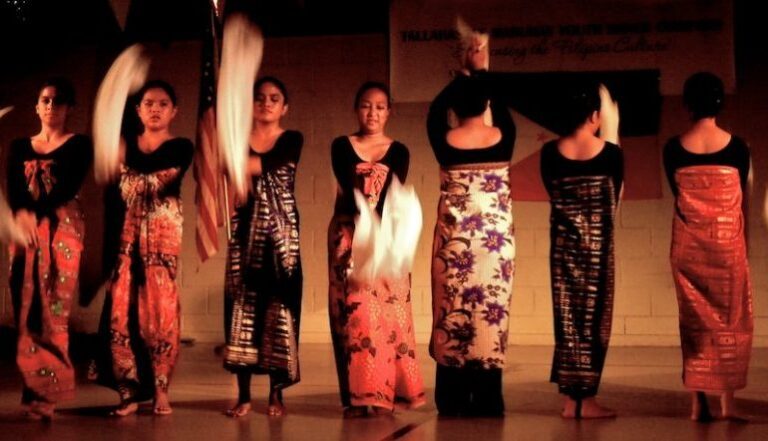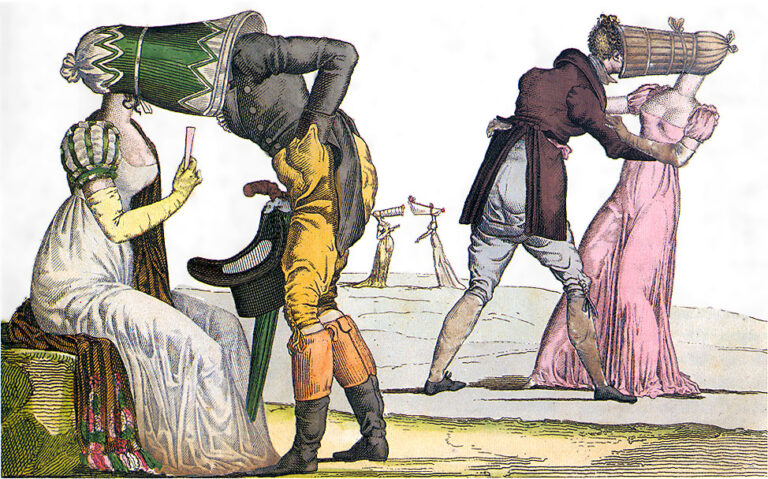“Why not now go towards the things I love?”: The Aftermath of Being Queer
 Some part of me broke last Sunday. I kept scrolling this week through the news articles that listed the victims of the Orlando massacre, the pain in my heart growing with each name. It seems we’re being denied time and space to mourn. The constant assault on our bodies and identities is being ignored, eclipsing any possibility of a long, hard look at the true extent of the violence against queerness (and against trans-ness and all other modes of being that do not conform to a certain heterosexual, cisgender mold).
Some part of me broke last Sunday. I kept scrolling this week through the news articles that listed the victims of the Orlando massacre, the pain in my heart growing with each name. It seems we’re being denied time and space to mourn. The constant assault on our bodies and identities is being ignored, eclipsing any possibility of a long, hard look at the true extent of the violence against queerness (and against trans-ness and all other modes of being that do not conform to a certain heterosexual, cisgender mold).
So I’m doing the only thing that keeps me grounded, that prevents me from drifting into a spiral of grief and exhausted anger: I start reading.
I have this issue of LIFE Magazine from May 1963, and I thought I remembered an entire article within devoted to James Baldwin, in which he talks about the figure of the artist. Sure enough, I found the magazine, and there it was, the quote we’ve seen often paraphrased but that seemed to have a new force in the present context:
You think your pain and your heartbreak are unprecedented in the history of the world, but then you read. It was Dostoevsky and Dickens who taught me that the things that tormented me most were the very things that connected me with all the people who were alive, or who ever had been alive. Only if we face these open wounds in ourselves can we understand them in other people. An artist is a sort of emotional or spiritual historian. His role is to make you realize the doom and glory of knowing who you are and what you are. He has to tell, because nobody else can tell, what it is like to be alive.
Reading this felt like taking a hit to the solar plexus. We read to connect. We read to understand that we are not alone, that we need not be alone in our grief, that recognizing our shared burden of sorrow might be the first step needed to push through it.
Across centuries and borders, we have a history of survival. It’s recorded, it’s there. Sometimes it’s bold and assertive; sometimes you have to tilt your head and listen, and from somewhere between the lines you’ll hear someone quietly claiming their humanity, their right to love and exist in a world that would deny them both in a heartbeat. Take Angelina Weld Grimké in “El Beso”:
Twilight—and you
Quiet—the stars;
Snare of the shine of your teeth,
Your provocative laughter,
The gloom of your hair;
Lure of you, eye and lip;
Yearning, yearning,
Languor, surrender;
Your mouth,
And madness, madness,
Tremulous, breathless, flaming,
The space of a sigh;
Then awakening—remembrance,
Pain, regret—your sobbing;
And again, quiet—the stars,
Twilight—and you.
It’s always about love, with us.
I’m reading to calm the anger within, at the way our pain is being preyed upon. I’m reading so I can mourn with a community of millions, not just me and my sense of helplessness. But most of all I’m reading to find love, queer love, so terribly devastating and resilient. Queer love is love in the time of war. (Cherríe L. Moraga already knew it, writing Loving in the War Years: Lo que nunca pasó por sus labios.) Queer love has gone through some kind of alchemy. Listen to Natalie Diaz, in the aptly-named “Grief Work” (from which the title of this post is also derived):
I do my grief work with her body—labor
to make the emerald tigers in her hips leap,
lead them burning green
to drink from the violet jetting her.We go where there is love, to the river,
on our knees beneath the sweet water.
I pull her under four times
until we are rivered. We are rearranged. (…)
I’ve picked up a few others: Borrowed Time, Paul Monette’s memoir on AIDS, which I’d been meaning to read, but never found the time to start. Now seems like an appropriate time–especially considering that Pulse was founded by Barbara Poma to honor the memory of her brother John, who died of AIDS in 1991. I’m rereading everything from Audre Lorde’s monumental work, to look for ways to process a language of mourning and self-love. I’m looking back to Gloria Anzaldúa and Adrienne Rich. Rich wrote: “Tonight I think / no poetry / will serve.” In a 2011 interview with The Paris Review, she explained the line thus:
(…) Guantánamo, waterboarding, official U.S. denials of torture, the “renditioning” of presumed terrorists to countries where they would inevitably be tortured. The line (…) suggests that no poetry can serve to mitigate such acts, they nullify language itself. One begins to write of the sensual body, but other bodies “elsewhere” are terribly present.
She is right, in a sense, and she’s coming back to what Theodor W. Adorno had already asked, about poetry after Auschwitz. These atrocities seem to negate the possibilities of language. When we start writing, we always seem to come up against the violence perpetrated against other bodies. And yet.
And yet, Christopher Soto wrote “All the Dead Boys Look Like Me.”
I dig up from my archives Saeed Jones’ “Nocturne: Beheaded,” find my copy of Prelude to Bruise. Read through Danez Smith’s “Tonight in Oakland.” I’ve bookmarked them, keep them open in tabs in my browser, print them out and fold them into the pages of other books.
This is barely scratching the surface. A friend of mine recently recommended Eli Clare’s memoir of growing up in Oregon: Exile and Pride: Disability, Queerness, and Liberation. Another suggested Frances Negrón-Muntaner’s poetry collection Anatomía de una sonrisa and Achy Obejas’ novel Memory Mambo. I’m diving into the lives of Marsha P. Johnson and Sylvia Rivera, because we can’t start understanding the road to our liberation without knowing what they’ve done for us. Lorna Dee Cervantes shared a crowdsourced “#PulseOrlandoSyllabus” to which anyone can contribute. Let’s read. Let’s talk. Let’s find ways to articulate our experience in the face of horror. Let’s bring to the forefront the voices of our queer and trans Latinx siblings. In the aftermath of violence, let’s reassert what queer love and solidarity mean.
photo by Fibonacci Blue


